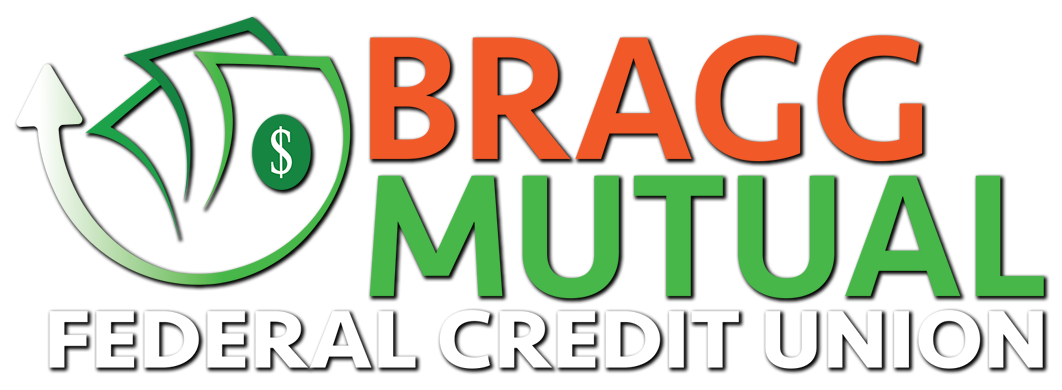Start Saving and Stop Spending
Credit reports, budgets, goals, and debt can be frightening words and concepts whether you are hearing them for the first time or the hundredth time. They are chilling because they are important in leading a healthy financial lifestyle, but we may not be well-versed in what they mean. Once you become familiar with the world of finance, you can maneuver more effectively through your own financial history to set up your future. Here are some ways to become more comfortable with the wild world of money.
Check your credit report. Remember when teachers used to talk about your permanent record? This is similar in that it is a record of your credit transactions, lending applications, payment history, bankruptcies, payoffs, and anything financially related to your social security number. Take a moment to look at your credit score and history to make sure all the items or transactions belong to you and to see where you stand. You are entitled to a free annual credit report from each of the three bureaus from Annual Credit Report.
A budget will show you where your money has gone. As you become savvier with your money, you will feel empowered to tell your money where to go. Find out how you are spending money AND how to cut back. Nerd Wallet is a resource that will give you tips on cutting back, as well as the psychology of why we feel we need to spend.
Your goals should be specific. Write down the amount you want to save and the date(s) of when you plan to accrue the money. With specific goals, you can formulate a concrete plan with small steps that will result in a big check mark next to your goal. Have some grace with yourself, life does happen, and you may need to dip into the money saved for emergencies.
Credit cards are, in fact, an important tool in your credit journey. They get a bad rap most of the time, but when they are used responsibly, they have a sizeable impact on your credit score and report. Credit cards have more versatility than a debit card. What does that mean? Well, when making large purchases, online purchases, or reservations, credit cards are the way to go. Also, it is much faster to process any type of fraudulent activity. This means your bill-paying money (attached to your debit card) is not in jeopardy.
These guidelines, and many others, can help you successfully navigate your current financial situation and prepare for future milestones. Be sure to check out https://www.braggmutual.org for more information. One last tip. Don’t be afraid to ask questions or reach out to experts. At Bragg Mutual, we want everyone to succeed. Let’s become more financially fit together!
Sources:
https://www.transunion.com/blog/debt-management/how-long-rebuild-credit
https://www.nerdwallet.com/article/finance/how-to-stop-spending-money-8-ways-to-resist-the-urge



